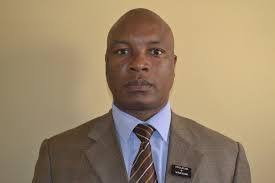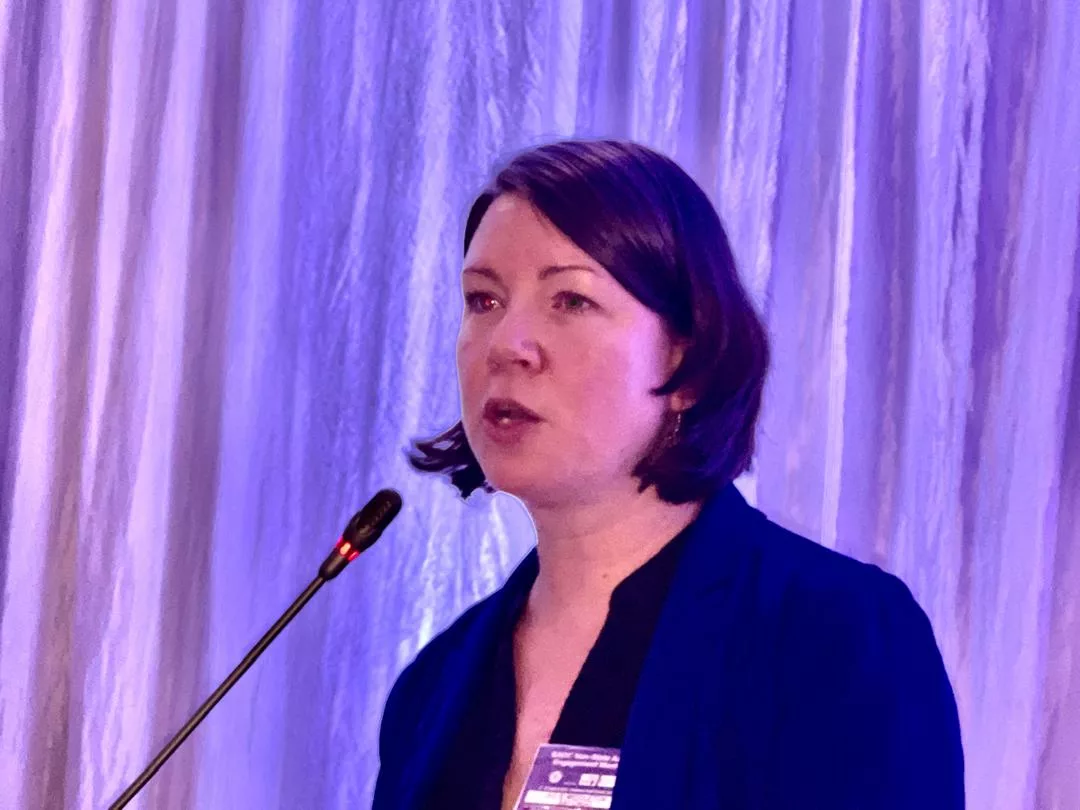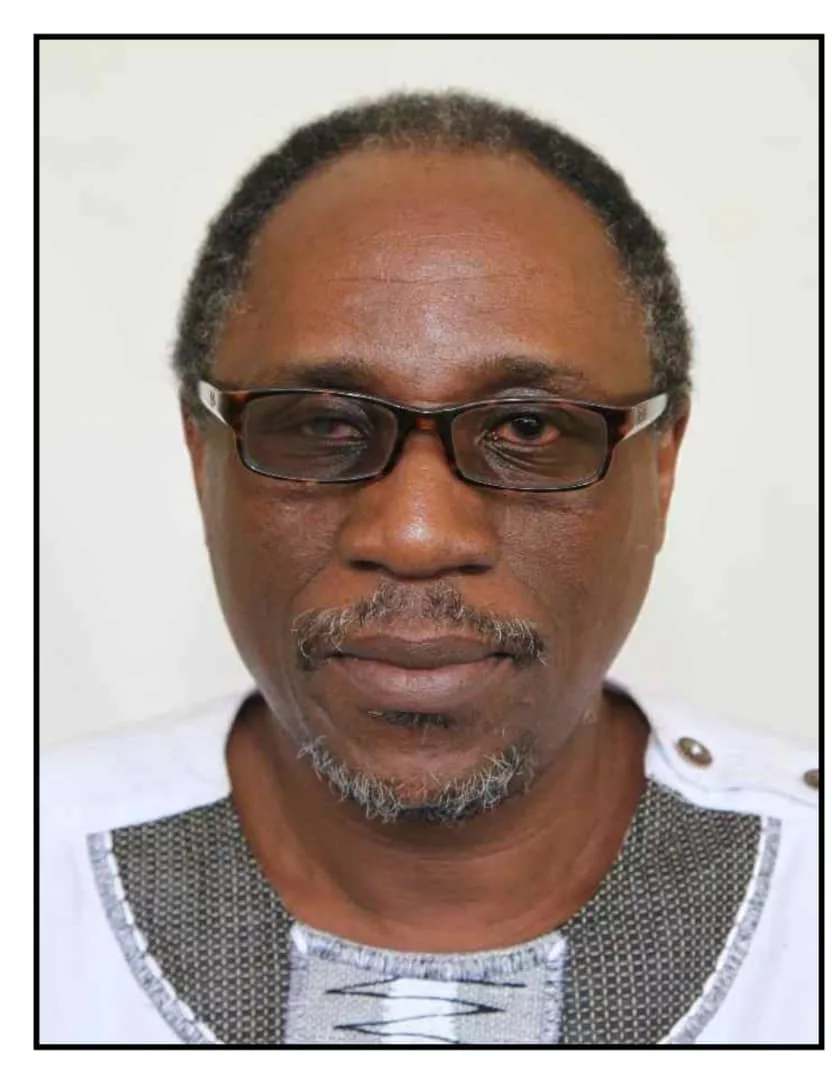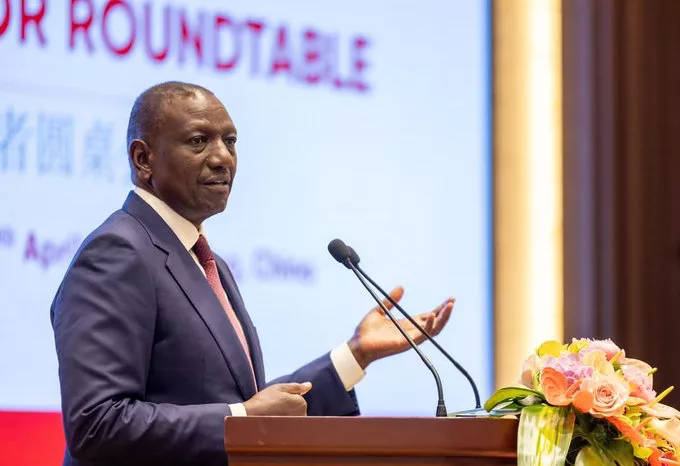|
Getting your Trinity Audio player ready...
|
The Harare Residents Trust (HRT) has welcomed plans to facilitate an agreement between the City of Harare and Mineral Wave, a private company in a public-private partnership for the construction of a secondary school in Budiriro 5.
Responding to the development, Precious Shumba, the HRT Executive Director said that would be the greatest news for residents of Budiriro who do not have a secondary school despite being one of the most densely populated suburbs in Harare.
“There are two other secondary schools in the whole of Budiriro, which are inadequate to absorb the thousands of school children in need of secondary education. Residents have been calling on the authorities to construct more primary and secondary schools across Budiriro. Unfortunately, the City of Harare and the government have not moved as expected to meet the education needs of Budiriro residents. It is in that light that as the Harare Residents’ Trust (HRT), we commend the efforts being currently made to construct a council secondary school through a public-private partnership agreement.
“After completing their primary school education in primary schools dotted around Budiriro, parents have had the nightmare of begging for places at secondary schools in neighbouring suburbs especially in Mufakose, Glen View, Warren Park, and Kambuzuma, while others even go to the city centre seeking secondary education for their children. This has risked the lives of children who endure harassment on commuter omnibuses and are exposed to the vulgar language used by most kombi crews,” Shumba said.
There are four primary schools in Budiriro 5, namely Budiriro 4, 5, 6, and 7 Primary Schools. Budiriro 1 has two primary schools and Budiriro 2 has one primary school, making a total of seven council primary schools. Budiriro as a suburb has nearly 35 000 houses, which makes it one of the largest residential suburbs in Harare.
Unfortunately, Budiriro 3 and Budiriro 4 do not have any primary schools. In Budiriro 4, the site reserved for primary school was illegally occupied by land barons who proceeded to allocate residential stands there, further depriving the people of Budiriro of another land to build their school. In Budiriro 3, at what is commonly known as Chimbumu, there is land that was designated for the construction of a primary school. However, illegal housing developments have taken place resulting in the area losing any hope of having its primary school.
The details of the agreement that is being discussed between the City of Harare and Mineral Wave are not yet known, but the construction of a secondary school offers a major intervention for the Budiriro 5 residents, who have had the misfortune of having four primary schools without a single secondary school to service them.
Shumba said it would be most productive and progressive if the City of Harare expedited the processing of applications for partnership schools’ development projects like the one being proposed in Budiriro 5. He averred that one of the conditions that the City of Harare should place on the private developers is that they incentivize their agreement to ensure that the residents of Budiriro benefit in terms of enrolment and reasonable fees given the huge costs of education at private schools.
Well-informed officials claim that the drawings and plans for the school are already available and waiting to go through the council processes. The important step is that the Education, Health, Housing, Licensing, and Community Services Committee met on 9 April 2025 at the Town House to deliberate on the education report, and noted the request for authority to enter into a Memorandum of Agreement with the Mineral Wave to establish a council secondary school on Stand Number 13265 in Budiriro 5 Township.
Shumba said the HRT hopes that both the council and the Mineral Wave company will commit to undertaking this project without delays. Budiriro residents have been struggling to have a secondary school that caters to Budiriro 5.
“The City of Harare has been saying that it does not have enough revenues to spare for the construction of council schools. The coming in of private players to partner with the council is a most welcome development if the right to education of children is to be progressively realized. Residents have even suggested that if the council and the government are unable to build schools in their communities, the communities should come together, and elect education site project committees.”
According to the government policy on primary school education, there must be a primary school for every 500- 600 households in a suburb. According to the City of Harare planning guidelines, the council must construct primary schools. For secondary schools, the government usually invites private players to partner with either the government or the council in the construction projects. The council provides the land and helps with the planning, but not the construction.
“In failing to establish primary schools in several suburbs across Harare, and retrogressively letting land barons and other land thieves illegally occupy, sell-off, and transfer land designated for primary and secondary schools, the City of Harare and the Government of Zimbabwe are collectively and wilfully violating the constitutionally enshrined rights to access education of the children of Budiriro and other affected suburbs.
“It remains disturbing how this anomaly is allowed to happen over and over again that land initially designated, and provided on the site maps of new and old suburbs for school sites, ends up being legally and illegally sold off to private developers or land barons, without the transparent and accountable involvement of the residents within the affected communities,” HRT added.






